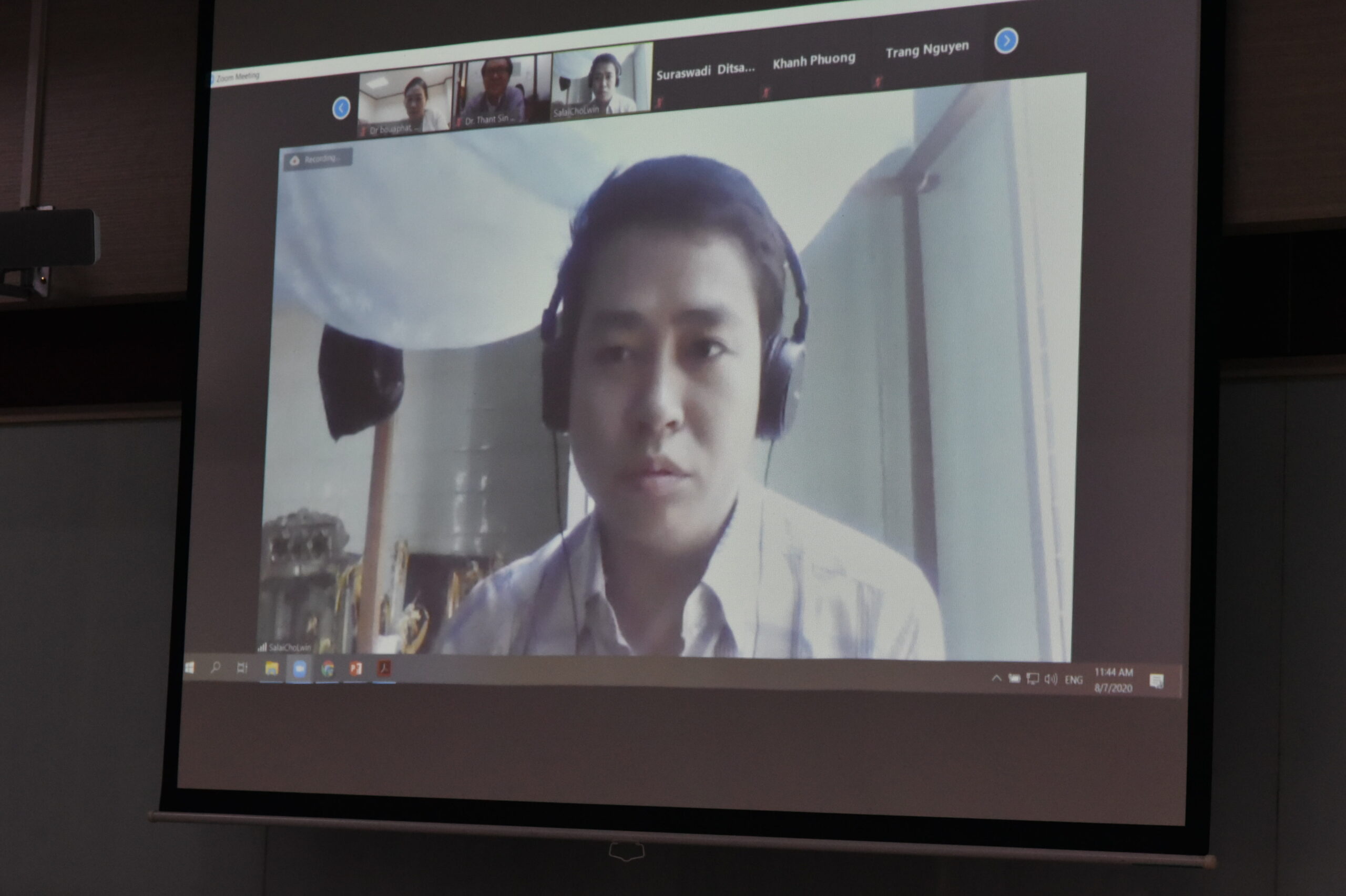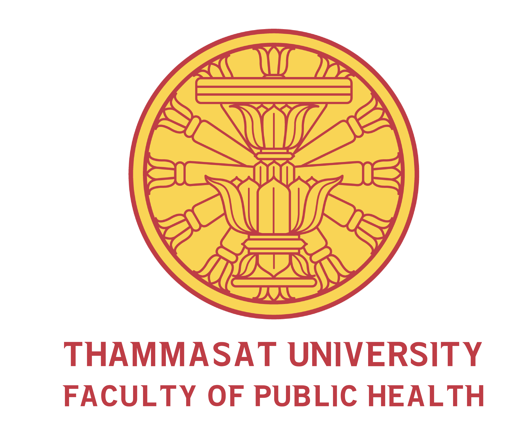ILO scholarship recipients enrolled on a Master’s in Primary Health Care Management reflect on their experiences of the course so far and share their visions for enhancing access to healthcare in their home countries.
Bangkok, March 2021 – In August 2020, 6 public health professionals from the Democratic Republic of Lao (Lao PDR), Viet Nam and Myanmar embarked on a 1 year Master’s programme in Primary Health Care Management (MPHM) at the AIHD at Mahidol University, Thailand, with support from the International Labour Organisation (ILO).
In addition to promoting managerial and leadership skills in primary health care provision, the longstanding MPHM programme was recently supplemented with specialised content on social health protection (SHP), developed in line with ILO Convention 102 (1952) on Social Security Standards and Recommendation 202 (2012) on the establishment of national social protection floors. Delivered by the University’s prestigious ASEAN Institute for Health Development, the MPHM is one of the few long-term programmes to provide in-depth training on SHP.
Despite mounting consensus on the need for effective SHP systems to achieve equitable health outcomes, health costs still prevent millions from accessing the care they need. According to latest WHO estimates, in South East Asia alone, at least 65 million people are falling into extreme poverty as a result of paying out of pocket (OOP) for health care. Effective SHP mitigates against this risk, providing financial protection against loss of income and the costs of treatment in cases of ill health, injury and maternity.
By facilitating uptake of the MPHM programme among health professionals in South East Asia, the goal is to strengthen SHP in the region as graduates go on to apply the knowledge and skills they gain from the programme to benefit their respective home countries.
Scholarship recipient, Salai Cho Lwin Khin Kyaw, was drawn to the programme due to the health protection challenges she encounters in her work as an assistant surgeon at a public clinic in Myanmar. “I want to play a part in developing Myanmar’s health insurance system so that I can help the country achieve Universal Health Coverage (UHC) by 2030”, she explains. With OOP expenditures in Myanmar among the highest in the region, the country will require a high level of expertise to do so, as the Government implements its ambitious National Health Plan (2017-2021) and works to extend its existing health insurance scheme for workers.
Viet Nam also faces challenges in relation to OOP expenditures, which are currently on the rise, despite the achievement of near universal population coverage through the country’s comprehensive Social Health Insurance scheme. To explore this issue, health policy researcher and current MPHM student, Nguyen Thi My Linh, plans to write her Master’s thesis on OOP spending and resulting barriers to healthcare among vulnerable groups in Viet Nam.
Linh plans to share the results of her research with her colleagues at the Viet Nam Health Strategy and Policy Institute under the Ministry of Health (MOH). “My research will be disseminated to MOH and will hopefully be used to conduct research of a similar nature on a national scale”, she explains. Once Linh finishes the Master’s programme, she hopes to enhance her department’s capacity to conduct impactful research on SHP.
So far, ILO fellows have undertaken modules in primary health care management, professional training and research methodologies. Through the special track in SHP, they are currently conducting their own research and undertaking modules related to SHP financing, governance and management.
The new course content was developed through CONNECT- a regional knowledge hub which brings together a network of SHP experts across Asia Pacific to accelerate progress towards UHC in the region through cross technical assistance, knowledge development and capacity building. Moreover, CONNECT founding members have been invited to share their expertise and knowledge on health financing and SHP via guest lectures and seminars.
In addition to receiving scholarships, fully funded by the Government of Luxembourg funded ILO Project Support to the Extension of Social Health Protection in South East Asia, scholarship recipients also benefited from a one-month induction course delivered by Mahidol University, which provided students with foundational knowledge of key SHP and PHC concepts, and the opportunity to learn from international experts.
This was particularly valuable for students like Trang, whose background is in epidemiology. “SHP is a very new topic for me, as I work as a Doctor”, she explains, “but it is extremely important for my patients, especially those who are vulnerable and cannot afford to pay for health services”. Once she has completed the course, Trang plans to return to her role at Viet Nam’s National Hospital of Tropical Diseases, and branch out into research, where she will put her newfound knowledge and skills into practice.
For student, Souphaphone Xayphavongsa, the course is directly applicable to her role at the National Health Insurance Bureau in Lao PDR, where works to improve policies on the country’s National Health Insurance (NHI) system. For her thesis, she plans to conduct research on the accessibility of NHI funded services among the poor. As Lao PDR enacts reforms to scale up its insurance system and achieve UHC by 2025, such insights will prove invaluable.
For countries across the globe striving to ensure equitable access to healthcare, enhanced capacity to implement effective and sustainable health protection has never been more important, particularly in the context of COVID-19. Promoting in depth training for dedicated practitioners at the forefront of national health systems will reinforce SHP systems from the ground up, accelerating progress towards UHC and advancing the urgent agenda of health for all.


